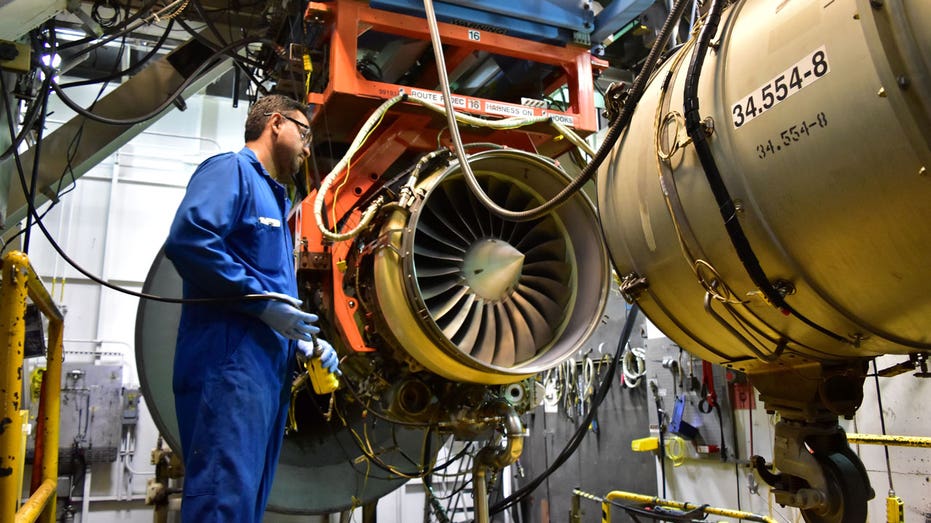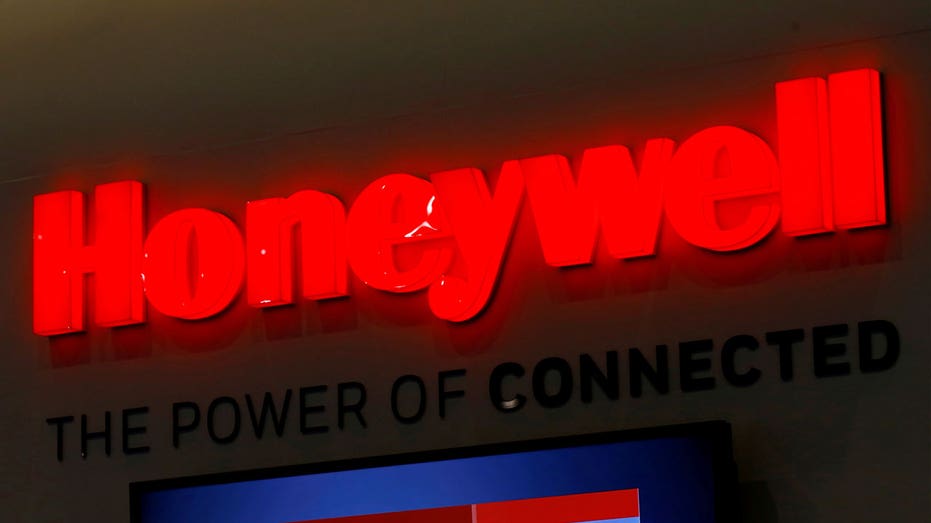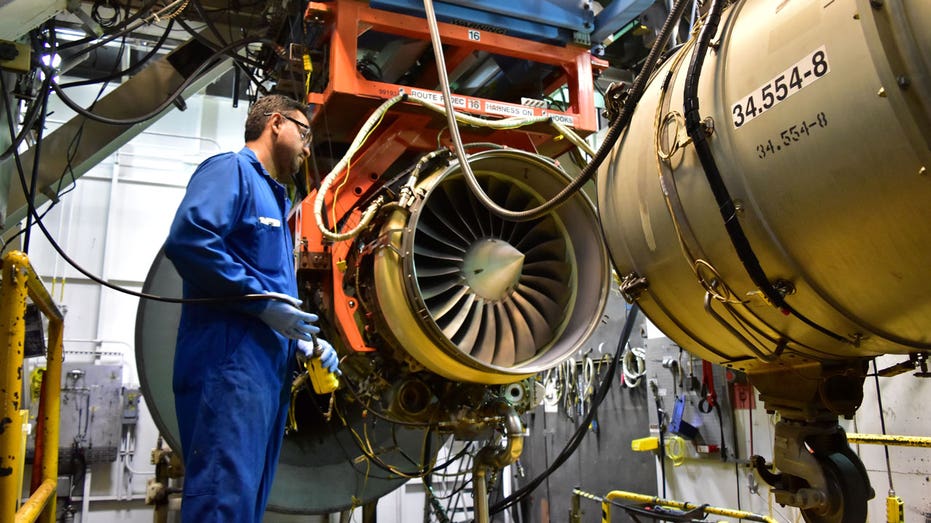‘Barron’s Roundtable’ panelists react to Elon Musk and Jeff Bezos’ experiments in space travel.
- Industrial and aerospace giant Honeywell said on Thursday it will split into three independently listed companies.
- Honeywell said it will separate its aerospace and automation businesses into separate entities, alongside its previously announced spin-off of the advanced materials unit.
- Honeywell said it intends to complete the separation in the second half of 2026, which would be tax-free for its shareholders.
Honeywell said on Thursday it will split into three independently listed companies, breaking up one of America’s last standing conglomerates just months after activist investor Elliott Management took a $5 billion stake in the industrial giant.
Honeywell’s shares, however, fell nearly 2.5% in premarket trade, reversing course from early gains after the company forecast downbeat sales and profit for 2025.
The company said it will separate its aerospace and automation businesses into separate entities, alongside its previously announced spin-off of the advanced materials unit.
SPACE RACE IS ON: HERE’S WHO WILL CHALLENGE SPACEX
With Honeywell’s decision, the ranks of the nation’s leading industrial conglomerates have dwindled even further, following similar choices in recent years by 3M, General Electric and United Technologies to split off major divisions.
The industrial and aerospace giant has been on a deal-making spree under CEO Vimal Kapur, shedding assets that are not focused on the aviation, automation and energy sectors.
Despite several smaller moves, Elliott, whose stake in Honeywell is its largest single investment, argued the company needed to split.

An aircraft engine is tested at Honeywell Aerospace in Phoenix, Arizona, on September 6, 2016. Honeywell announced that it will split into three separate companies. (Reuters/Alwyn Scott/File Photo / Reuters)
Honeywell attracted Elliott’s attention as its stock price underperformed the market. Its shares had risen 7.7% in 2024 until November 11, a day before Elliott disclosed its position, while the broader market had gained 26.6% in the same period.
Analysts had previously estimated Honeywell’s high-margin aerospace business could be worth between $90 billion and $120 billion, including debt.
The airline industry, faced with a shortage of new jets, has had to resort to flying older, more maintenance-intensive planes during a travel boom, pushing up sales for players such as Honeywell that provide aftermarket services and parts.
The aerospace unit is Honeywell’s biggest revenue generator, accounting for about 40% of the company’s total revenue in 2024, and counts Boeing and Airbus among its customers. It also has contracts with the U.S. government, providing communication and navigation systems, among other services.

Honeywell said it will separate its aerospace, automation and advanced materials units into three distinct entities. (Reuters/Denis Balibouse/File Photo / Reuters)
Honeywell had announced plans to spin off its advanced materials unit into a publicly traded company in October. It said in December it was considering a spinoff of its aerospace business, after Elliott’s push.
The company said it intends to complete the separation in the second half of 2026, which would be tax-free for its shareholders.
Elliott’s push is not the first time Honeywell has faced activist pressure to break up the company. In 2017, it managed to shrug off Daniel Loeb’s Third Point, which urged the company to spin off its aerospace division.
GET FOX BUSINESS ON THE GO BY CLICKING HERE
The industrial giant has been pruning its portfolio through a string of divestments and acquisitions, but such a large break-up would be a first for the more than 100-year-old company.
It separately forecast an adjusted profit per share of between $10.10 and $10.50 for 2025, falling short of analysts’ average estimate of $10.93 according to data compiled by LSEG.
Its sales expectations of between $39.6 billion and $40.6 billion for the year also fell short of Wall Street expectations of $41.22 billion.
